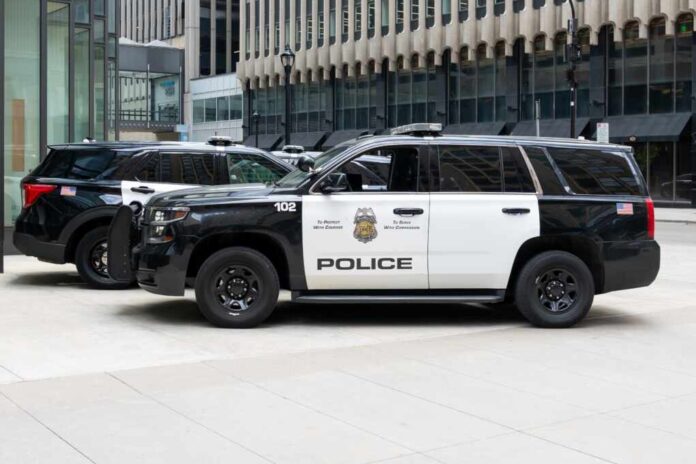
In the aftermath of George Floyd’s 2020 death while being arrested, Minneapolis, Minnesota, became the epicenter of a nationwide push for the “defunding” or dismantling of police agencies — almost exclusively in Democratic-led big cities.
Like in Seattle, Washington, and elsewhere, however, it did not take very long for many of the residents of Minneapolis to recognize the societal turmoil associated with letting criminals essentially take control of entire communities.
One area of the city in particular — now known as George Floyd Square — has seen a particularly devastating uptick of violence and crime, and business owners in the area are demanding action. A number of locals are involved in a new lawsuit aimed at recovering $1.5 million in damages they say are associated with the absence of “police protection” that has paved the way for rampant looting and property damage.
“The mayor, the city, the city council, and the Minneapolis Police Department collectively agreed to severely limit police response in the barricaded area surrounding plaintiffs’ businesses,” the court document states. “Criminals know the area lacks police protection, and they have now made the area so dangerous that it has become known as the ‘No Go Zone.’”
One of the businesses represented in the lawsuit is Cup Foods, the convenience store where Floyd allegedly attempted to pass counterfeit cash, resulting in the fateful encounter with police.
A city spokesperson declined to respond to the complaint directly but claimed that local leaders did “everything possible to open the street safely amid very tenuous circumstances.
According to a statement from Mayor Jacob Frey’s office: “When we finally did open the street, the city did so in a planned way where no one was hurt and the area remained safe for residents.”
While Floyd’s death was widely denounced as evidence of police misconduct, subsequent evidence suggests that the actions of the officers on the scene amounted to, at most, a secondary factor.
The cabal has done a great job brainwashing some of you.
➡️ How is it possible that the George Floyd autopsy says clear as day that the man died of a drug overdose, yet some of you want to continue with the lie that Derek Chauvin murdered him? pic.twitter.com/MU5asnQVov
— Dr Vincent Sativa 🇺🇸 (@The_Weed_Shop) November 25, 2023
Derek Chauvin, the former officer convicted of murdering Floyd, was seriously injured last week when he was stabbed by a fellow inmate at the Arizona correctional facility where he is serving concurrent decades-long sentences.















